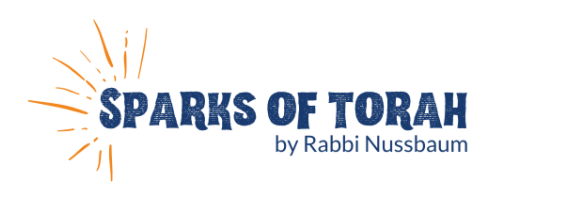VOLUME 95 NUMBER 5
April 30, 2021
IYAR 18, 5781
PARSHAS EMOR
Candlelighting Time 7:35 PM
Kohanim are prohibited from incising marks into their skin and also, they may not shave the corners of their face. The Torah exacts this conduct from them because of their prominent stature, they offer on the altar the sacrifices of the nation. It is interesting to note that the offerings are referred to as the bread of Hashem. Seemingly, this would be an unusual allusion since Hashem doesn’t eat and bread is significant of a meal as Rashi points out. Netziv has a fascinating insight that gives us an astute perception on the prestige of our nation. He explains that the Hebrew word for bread actually alludes to the adjoining of two boards of wood that are so affixed that the space between them has been totally eliminated. They are for all practical considerations one indivisible unit. This expresses vividly the goal and accomplishment of the sacrificial order in the Mishkan and later the Beis Hamikdash. We are connected to Hashem in such a manner that we are indivisibly one. This is not achieved simply because we are the Jewish nation. Rather, this requires extreme effort and is a supreme battle with our desire to attend to our physical requests and disregard enhancing our soul, neglecting our future which extends beyond the parameters of our life upon this earth. Hashem provided us with a platform to work from, elevating the corporeal elements of this world, utilizing the animal which represents the ultimate digression from the spiritual and total involvement in the physical activities of this world. Viewing that inspirational and uplifting of the animal from its state of total physicality to a dimension bordering on the highest level of proximity to Hashem has a tremendous and effective impact upon the one offering it up in a sacred atmosphere suffused with purity and wholesomeness. Therefore, the Kohanim also are stimulated to access enhanced lives that will project them beyond the average individual of the nation.
Perhaps we are inclined to question that it seems rather selfish that only the elite in our nation have the opportunity to develop themselves spiritually, abandoning the masses of our people that constitute the vast majority of our population. Are only the Kohanim entitled to this privilege and others are barred from this great potential? Of course not as we will explain.
The Talmud states that essentially the Kohanim are our emissaries to do our bidding in the Mishkan. Although if someone not of Kohanite lineage serves he is obligated the death penalty, however, when the Kohanim serve in our stead it is though we are truly officiating at every sacrifice that they offer. Therefore, as they ascend the ladder of greatness due to their service in the Mishkan, we also scale the mountain of magnitude in tandem with them. The potential that each and evert individual has to soar and enhance his life goes well beyond our affiliation with the Kohanim. Netziv expands this discussion within the halacha that our Sages gave to Torah scholars. They afforded them a status within our nation of deep respect and admiration. The limitations of this article don’t allow complete elaboration, but our Sages were extremely diligent and conscientious extolling the value of Torah study and its impact upon the person who is immersed in Talmudic scholarship. The connection gained with involvement of Torah even surpasses the heightened status of Kohanim.
A BYTE FOR SHABBOS
Erev Shabbos is Lag B’omer. The great Sage Rabbi Shimon bar Yochai died on that day and divulged many esoteric teachings of the Torah. A fire reminiscent of the Giving of the Torah was present to demonstrate the intensity of the Torah that was revealed on that special day.
GOOD SHABBOS



